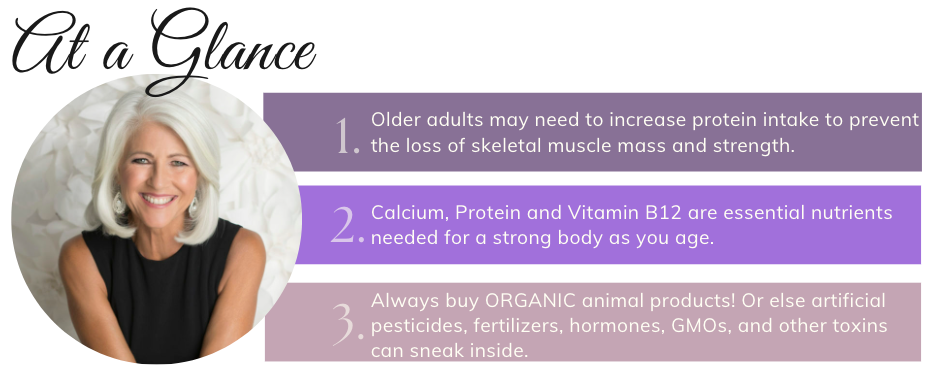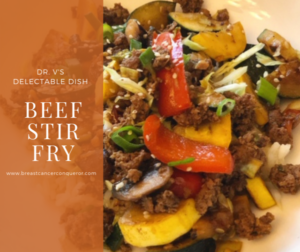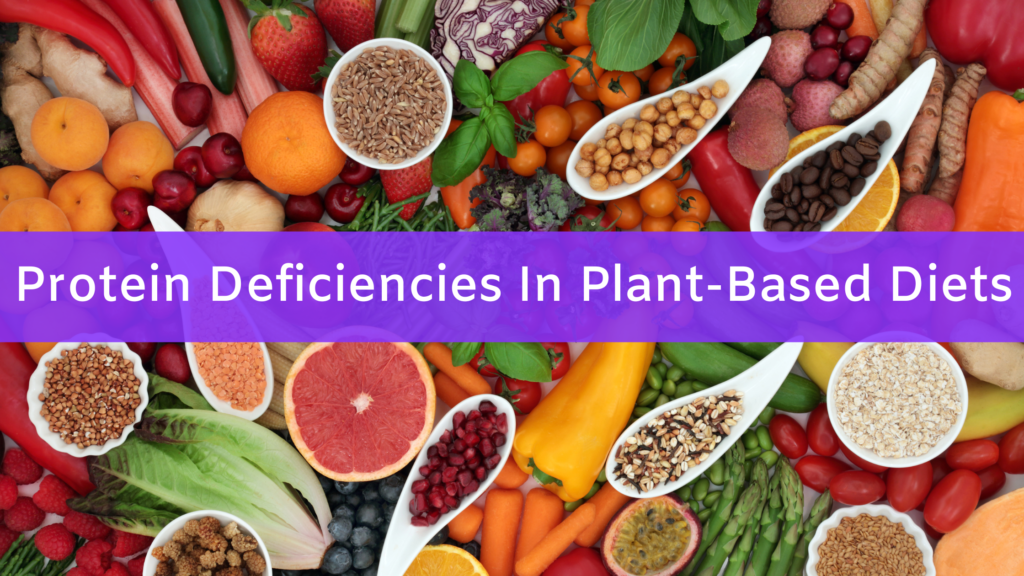
A 100% plant-based diet may NOT be best for you.
Waaitt, what?! I know. That statement may come as a big surprise, so let’s dig into it together.
For those die-hard vegetarians and plant-based foodists, this is not a challenge or a putdown – it is information for you to consider. I can honestly say that I have seen many women on a healing journey who were determined to be plant-based only and their bodies did not respond very well. After broadening their diet by including small amounts of animal protein, they did much better. Test and assess – balance is the key.
Depending on how you manage a plant-based diet, you may not be getting a sufficient amount of protein as you age. Older adults (starting around age 50), may need to increase protein intake to prevent the loss of skeletal muscle mass and strength. Sarcopenia is defined as a loss of skeletal muscle mass and strength and can lead to an increased risk of falling, muscle weakness, fatigue, slow walking speeds, and just overall difficulty in everyday life. We are here to live full, active, and vibrant lives—so let quality foods and supplements be our fuel.
Before we go any further, don’t worry—I have not lost my mind. Organic foods and produce such as sweet potatoes, nuts, and seeds, are all critical to living a healthy breast life. Countless studies back this up. I believe that occasionally eating some quality organic, grass-fed animal protein is ALSO part of Essential #1 Let Food Be Your Medicine—especially as you get into your later years.
At the end of this article, you will find a few of my favorite animal protein recipes and a shopping guide to picking out meat and fish.
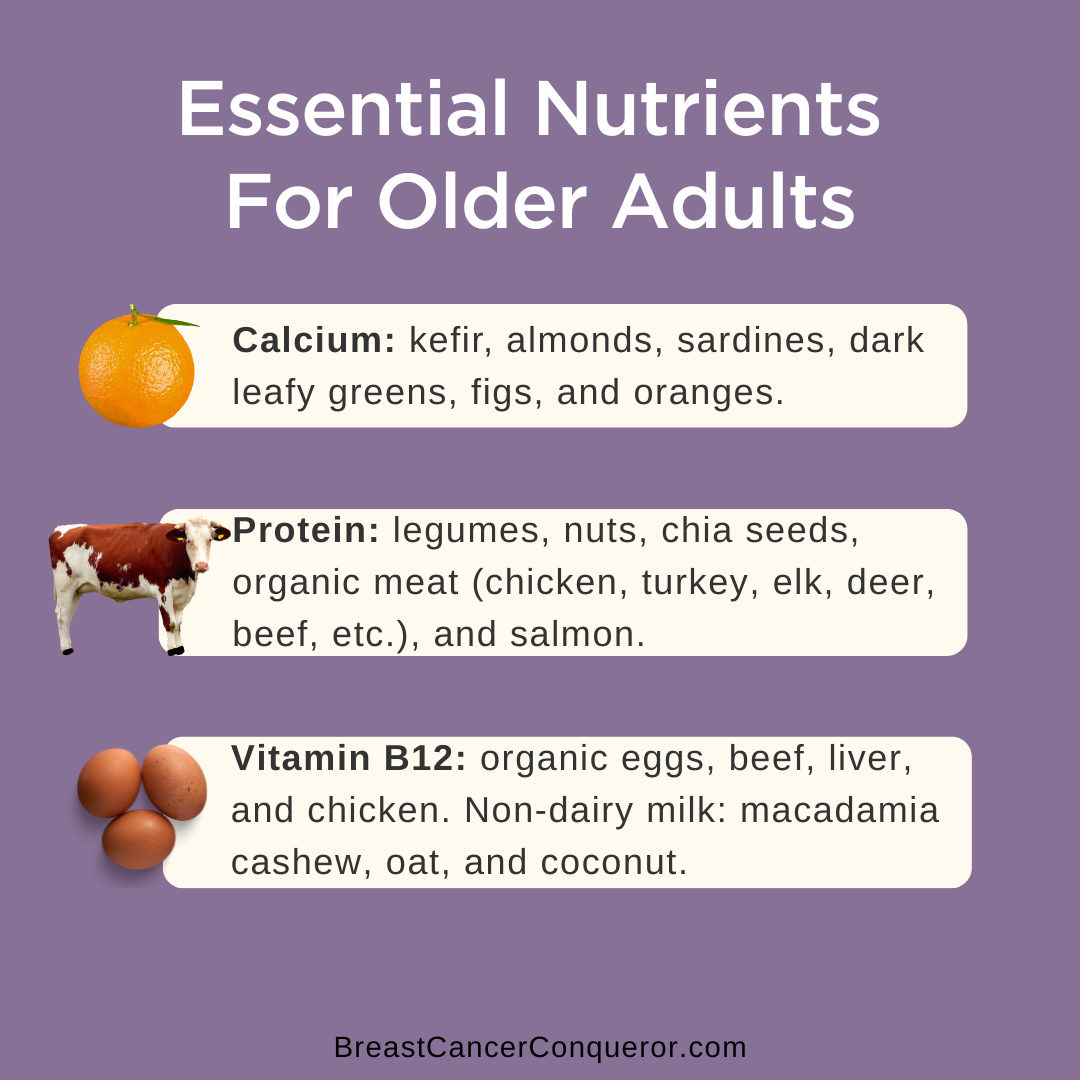
Vegan vs. Plant-Based vs. Holistic Diet
-
- Vegan: Not eating any animal products at all. People often opt for alternative versions of animal-based products that can actually be full of highly processed fillers and oils. For example, a plant-based egg brand, JUST Egg, contains 16 ingredients, including sugars and toxic oils. Eating organic, pasture-raised eggs is significantly better for you!
- Plant-Based: The majority of a diet is from plant-based foods. Plant products could include vegetables, fruits, whole grains, legumes, nuts, and seeds. Some people who follow this approach blur the lines with veganism and do not eat any animal products.
- Holistic Diet: It is all about eating a wide range of foods in their most natural state. Holistic nutrition staples include organic, locally grown, unrefined, and unprocessed whole foods. This diet also focuses on eating intuition and respecting body signals.
All of these definitions come with a big asterisk because it totally depends on what you eat within the boundaries of your diet. Oreos and white bread are vegan, but they are the opposite of healthy. Bees are aminals, but they produce a wide range of cancer-healing nutrients. We are all biologically different and there is no “1 size fits all” diet. Test and assess to see how your diet is working for you.
There are several tests that can help take the guesswork out of your diet. I love the Nutrition Genome and The Gonzalez Metabolic Type Diet since the results will help you identify exactly what YOUR body needs to function optimally. Working with a Breast Cancer Conqueror Coach can also help you tailor a diet to match your exact needs and goals.
How to blossom on a plant-based diet.
Here are a few points as to why you may need some animal products in your diet, as noted by Kathy McManus, Director of the Department of Nutrition at Harvard-affiliated Brigham and Women’s Hospital. “You have to be selective when choosing a plant-based diet to ensure that you get enough calories and nutrients…Here’s how to avoid potential pitfalls of a vegan, vegetarian, or plant-based diet.” Please read the full report here. I also included suggestions on how to best get each nutrient.
- Calcium. It is critical for many functions, including dental, bone, heart, nerve, and blood health. To avoid calcium deficiency, eat plant-based foods rich in calcium: kefir (fermented milk), raw milk, almonds, sardines, dark leafy greens, figs, and oranges.
- Protein. From healing wounds to having energy and building strong muscles, protein is essential. To avoid protein deficiency, eat legumes, nuts, chia seeds, organic, pasture-raised meat (chicken, turkey, elk, deer, beef, etc.), and wild-caught fish like salmon.
- Vitamin B12. This vitamin comes only from animal-based foods. It is crucial to our DNA, red blood cell formation, new cell growth, glucose metabolism, and maintaining our nervous system and thinking skills. To avoid vitamin B12 deficiency, eat organic eggs, beef, liver, and chicken. Most non-dairy milk, such as oats, cashews, macadamia, and coconut, are B12-enriched.
The science of why you need animal protein.
A 2022 study found that the estimated amino acid leucine requirement of older adults is more than double the amount in current dietary recommendations. Leucine is an essential amino acid that is critical for muscle protein synthesis and is primarily found in animal products. This is a big deal because decreased muscle mass as we age is one of the primary drivers of death and disability in older adults.
To go into great detail, the study states: “The EAA (Essential Amino Acid) content of a protein source is pivotal for the postprandial stimulation of MPS (Muscle Protein Synthesis) When a protein source lacks 1 EAA, all other amino acids appear to be oxidized rather than used for MPS. It is suggested that EAAs themselves may function as nutritional signals with the potential to directly stimulate MPS and inhibit protein breakdown. For example, the EAA leucine is shown to have the ability to stimulate MPS by activating the mammalian target of rapamycin complex 1 (mTORC1) pathway, and subsequently activating mRNA translation.”
In summary, the study declares: “Older adults are recommended to consume sufficient high-quality protein to maintain muscle mass and physical function and to support healthy aging. The current requirement of protein was studied in younger adults (18-30) and may not represent the needs of older adults (50+). Older adults have been observed to exhibit lower sensitivity to protein consumption, known as age-related anabolic resistance. As such, older adults may require a higher dose of protein intake to adequately stimulate MPS. Expert groups emphasize that a daily dietary protein intake of 0.8 g/(kg⋅d) is too low for the maintenance of muscle mass in individuals aged ≥65 y, and have repeatedly proposed to increase the RDA for older adults to approximately 1.0–1.2 g/(kg⋅d), with specific attention to timing and quality of the consumed protein.”
How to pick out quality meat, fish, and eggs.
With all the different labels, it can be confusing what they even mean and which ones to pick! My biggest suggestion: always choose hormone-free, antibiotic-free, and ORGANIC! Or else artificial pesticides, fertilizers, hormones, GMOs, and other toxins can sneak inside. Buying local is always better because the product will be fresher, and you are supporting your local rancher or farmer.
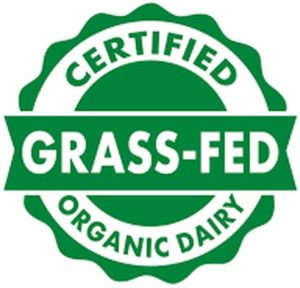 Here’s a quick cheat sheet when buying animal products:
Here’s a quick cheat sheet when buying animal products:
- 100% Grass-fed and free-range: Animals are allowed to roam around as they munch on fresh grass—as nature intended. Grass-fed does mean they are fed grass but could have also eaten supplementary grains, which is something you want to avoid. However, unless the package also says organic, there are no guarantees that fertilizers or harmful pesticides weren’t used on the ground these cows were grazing on. Additionally, there is also no guarantee they were not given any kind of hormones or anything else to change their growth.
- Grass-finished: The animals exclusively lived on their mother’s milk and forage, providing a much leaner and richer in fatty nutrients option.
- No antibiotics and no hormones: While this is super important because you don’t want mystery antibiotics and hormones in your body, there is no testing for the labels to ensure validity, and many are not third-party verified. This is why buying certain organic is essential.
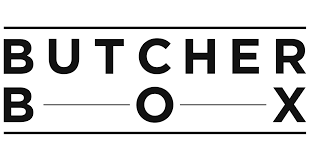
If you don’t want to go searching all over for quality meat, just order from ButcherBox! ButcherBox is raising the bar for exceptionally high-quality meats, and they conveniently deliver them straight to your door – so easy! Place your first order here for free ground turkey, and top sirloin steaks included in your purchase! (While this deal lasts).
Fish: Buy fish that have the lowest amount of mercury such as mahi-mahi, cod, herring, sardines, trout, Pacific or Alaskan-caught salmon, etc. Usually, the smaller the fish size, the better. Safe Catch is an excellent source of fish since they test the fish for mercury and heavy metals.
Here are a few of my favorite animal protein recipes.
Fish
- Basil & tomato cod: Treat yourself to fine coastal dining—click here.
- Poached coconut lime salmon: Fresh, zesty, and powerful protein—click here.
Chicken
- Sun-dried tomato pesto chicken: This pesto is the besto! Fill your soul and muscles with happiness—click here.
- Greek cauliflower chicken bowl: Feed the healthy goddess that is you—click here.
- Beef and mushroom stew: warm and hearty on a cold winter’s night—click here.
- Beef stir fry: This is also loaded with cancer-fighting veggies. I would double the recipe and enjoy leftovers later in the week—click here.
Wine: I am French, and I do love the occasional glass of wine with a nice dinner. Here’s an organic, sugar-free wine that I enjoy that is delivered directly to my door. Bon Appetit!
